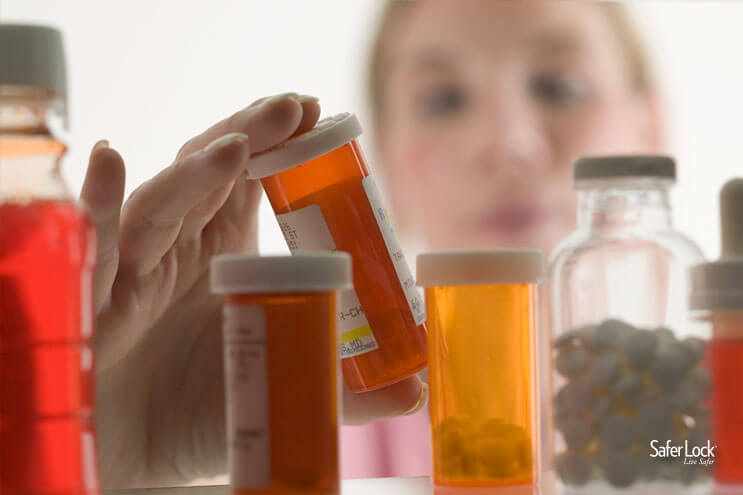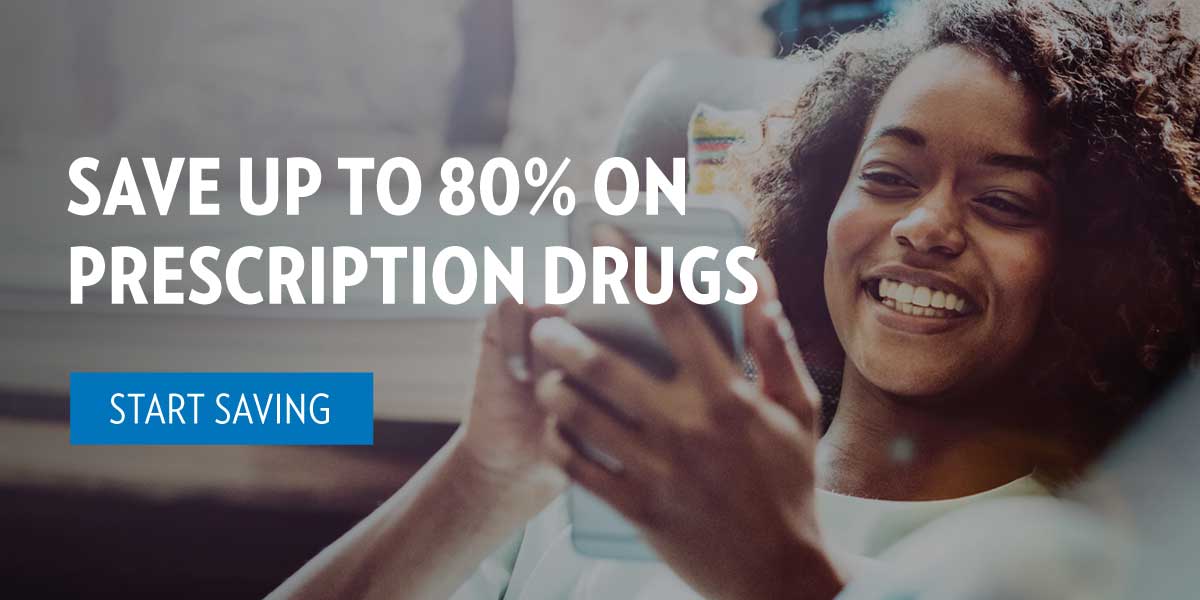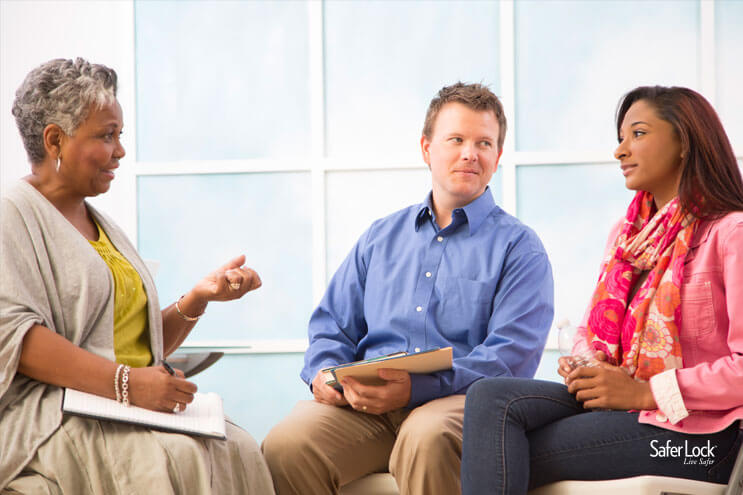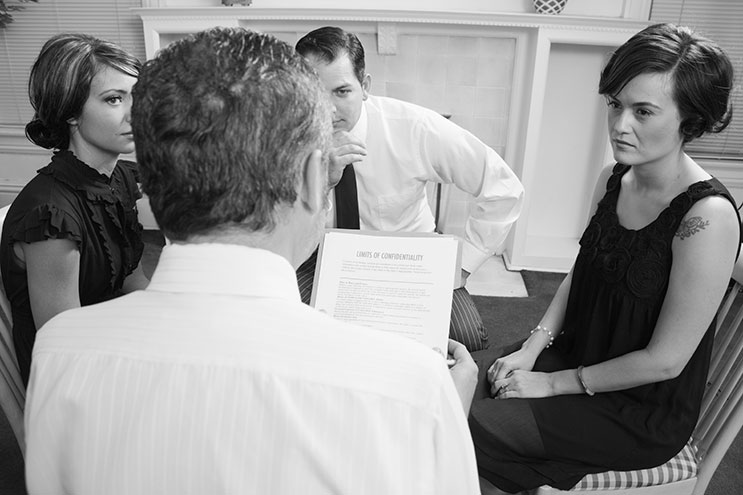Did you know that your medicine cabinet could be putting your kids at risk for abuse or addiction? One in five young adults has abused a prescription drug. But even if you don’t have prescription meds at home, your kids could be abusing medications in your home; one in 25 kids (aged 12-17) has admitted to abusing cough medicine to get high. Every October, National Medicine Abuse Awareness Month is held to raise the public’s awareness of the dangers of prescription and over-the-counter medicine abuse.
So how do you make sure your kids aren’t turning your medicine cabinet into their own local drug supplier?
An Interventionist’s Top 10 Tips to Prevent Medication Abuse
#1. Reduce the number of prescription pain pills coming into your home. After a surgery or an injury, ask your doctor to suggest a non-narcotic pain reliever instead of an opioid.
#2: Understand your personal risk for chemical dependency. Risk factors include a family history of drug or alcohol issues, personal experience of childhood trauma (such as the death of a parent, or sexual abuse), and mental health issues including depression, anxiety disorder or bipolar disorder.
#3. If your doctor gave you a lengthy prescription, consider that you may have been prescribed more pain pills that you will need, and call your doctor to discuss the risks versus benefits of long-term prescription pain medication.
#4. Minimize the duration of your pain pill use. Physical dependence on opioids can start after just a few days of use, as your body loses its natural ability to manage pain. Then, you’ll start to need more and more medication to get the same degree of relief. Dependence can progress into addiction, where you’d need opioids - at any price - just to make it through the day without debilitating pain.
#5. Consider alternative ways to manage your pain. Alternatives to opioids for pain management include:
- Chiropractic treatment
- Massage
- Yoga
- Physical therapy
- Acupuncture
- Hypnotherapy
- Breathwork and other mindfulness tools
#6. Lock up and hide your medications. Keep them out of sight and reach of curious children – from toddlers to teens. And if your teen is taking a prescription opioid, make sure that you store, handle and dispense all medications.
#7: Talk with your teens often about the dangers of prescription medication. Parents and teens alike often think pills are safe because they are “from a doctor.” Legal drugs are not necessarily safer than illegal drugs.
#8: Talk with your teens repeatedly about the risks of buying medications over the internet, where many deadly man-made drugs are sold. Fentanyl, a synthetic opioid that’s 50x stronger than heroin, can often be mail ordered from China. But this man-made drug is so deadly that even touching the smallest amount - equal to a few grain of salt - can lead to an overdose. Just because drugs are available online does not mean they are safe.
#9. Don’t flush your extra pills! Instead, dispose of excess medications safely at the October 28 National Prescription Drug “Take Back” Day or by disposing of loose pills in stinky garbage like used kitty litter.
#10. If you sense a problem developing, seek professional assistance immediately. Talk with your physician about your concerns. Tap into any employee assistance programs that might be available to you. If you find that you need professional assistance, make sure you get help from someone who is licensed in your state to provide intervention, family counseling or drug and alcohol treatment.
A good defense is the best offense, indeed. Stopping addiction before it starts is powerful medicine, so take care to keep all medications in the right hands.
Interventionist and family counselor Ricki Townsend shares her top tips to keep your loved ones safe from medication misuse and addiction.




